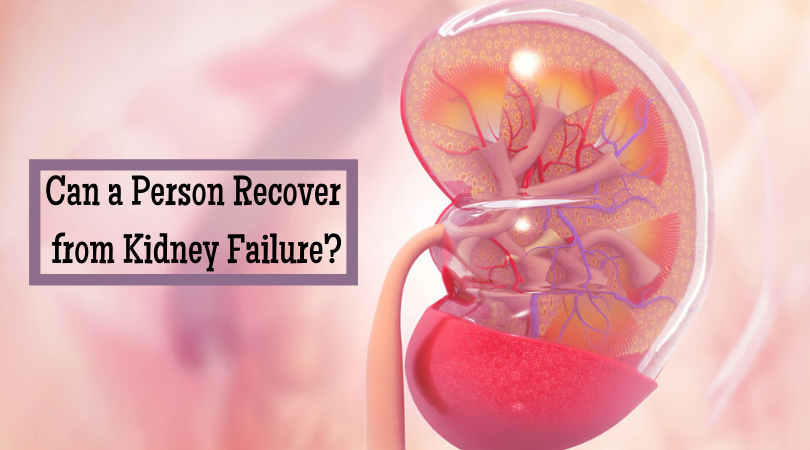Can a Person Recover from Kidney Failure?
A person can recover from kidney failure. There are different treatment options. Our website composes info about medicamentous treatment of kidney failure.
If you need dialysis – hemodialysis or peritoneal dialysis – your doctor will prescribe you individually selected medications. You should always know all the medications you are taking. This means that you must know their names, why they are assigned and how to take them. Whenever you have problems with medications or any questions, do not hesitate to contact your physician. Impaired renal function and hemodialysis can significantly affect the effectiveness of therapy.
Below there is a list of the most effective medications for kidney failure treatment.
Antihypertensive drugs
Most patients suffer from high blood pressure (hypertension). Blood pressure must be controlled through water-salt balance. If hypertension persists, the patient is prescribed antihypertensive therapy. However, keep in mind that no drugs can affect the excess intake of sodium (salt) and fluid in the body, which means that they do not remove the cause of the increase in blood pressure.
Vitamin D
Vitamin D enters the body with food and sunlight and must go through the stages of activation in the liver and kidneys. Vitamin D facilitates the body’s absorption of calcium from food. Calcium is needed to maintain healthy bones and transmit nerve impulses. People with kidney disease take vitamin D in a pre-activated form so that it can be used by the body.
Iron
Iron is a vital structural component of hemoglobin, a key component found in normal red blood cells. It carries oxygen. Without this mineral, it is difficult for the body to create a sufficient number of full red blood cells. Management tactics for patients with iron deficiency include recommendations for taking special medications. However, most often, iron supplements are administered intravenously directly during or after the dialysis procedure.
Erythropoietin (EPO)
Erythropoietin, often referred to as EPO, is a hormone produced by the kidneys. EPO stimulates the red bone marrow to produce red blood cells. Since the synthesis of erythropoietin in patients with chronic kidney disease is reduced, the level of red blood cells decreases, which results in anemia. Synthetic erythropoietin can be administered intravenously or under the skin as a substitute for erythropoietin produced by the body in order to maintain the level of red blood cells necessary for normal functioning and well-being.
Phosphate binding agents
Our kidneys in normal conditions secrete phosphates from food. In chronic renal failure, this process is disrupted. Therefore, the level of phosphate in the blood and in the cells rises, which results in extra-bone calcification of soft tissues, for example, the skin or blood vessels of the eyes, this can lead to irritation of the skin and eyes. Other possible negative effects are vascular calcification, which leads to the development of cardiovascular system diseases. Dialysis can only help reduce the excess phosphate but does not affect its intake. Thus, it is necessary to regulate its level in the body through a low-phosphate diet and correctly selected phosphate-binding drugs. Such drugs “bind” phosphate and reduce its absorption into the blood from the intestines.







